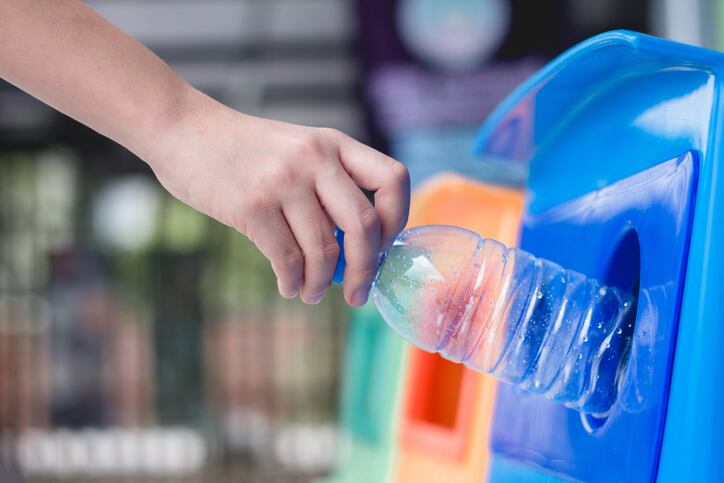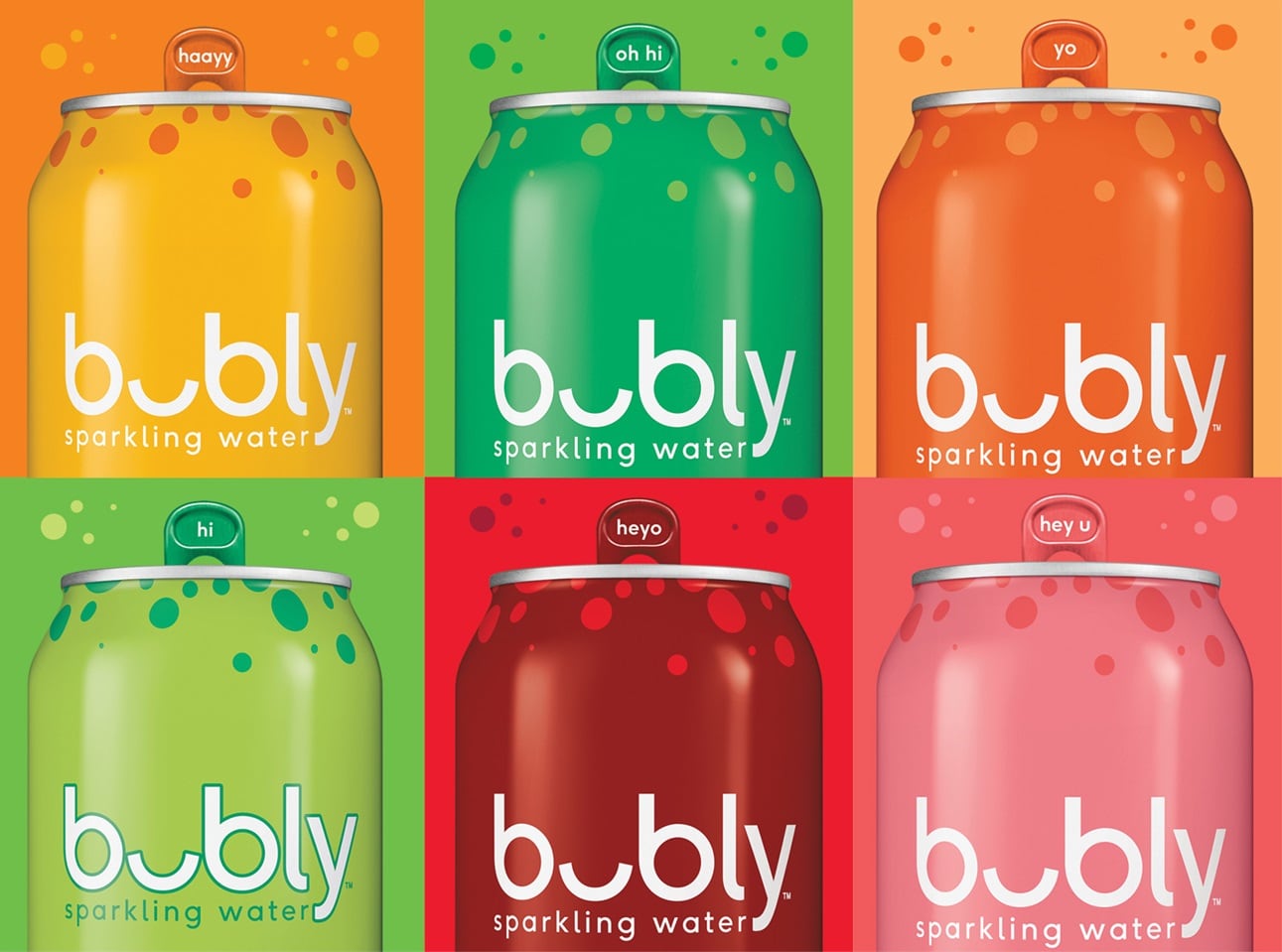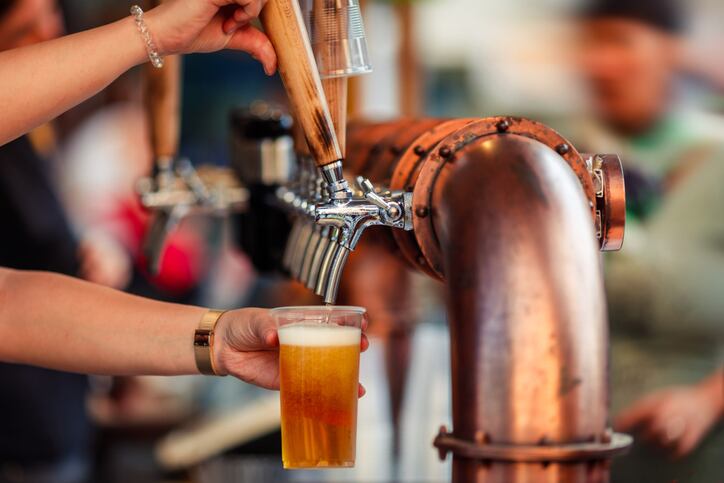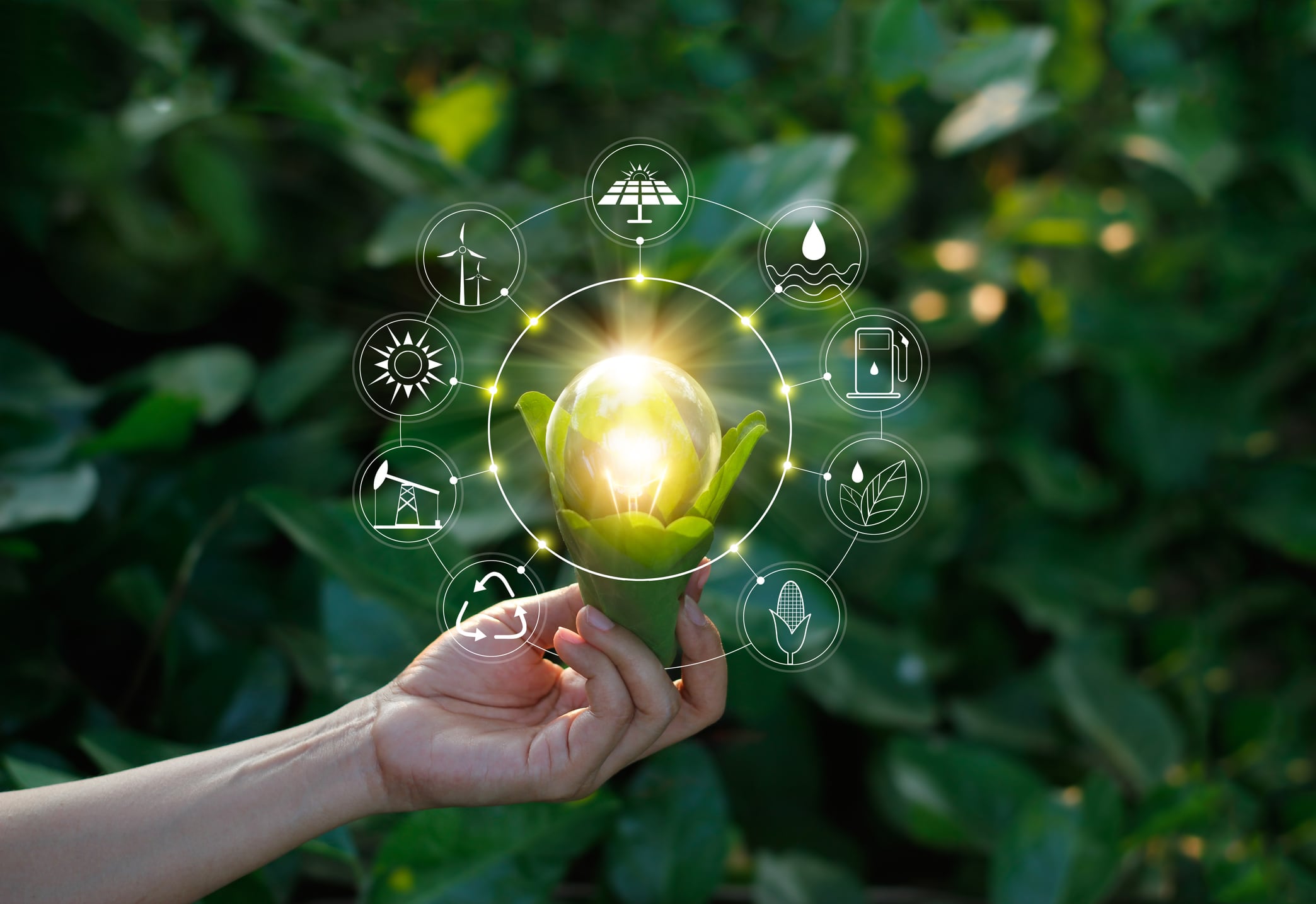With global consumers generally more concerned with the health of the environment, and more likely to purchase products that promise sustainability, it’s been tricky for legacy beverage brands to navigate the plastic problem.
Mainstream soft drinks, bottled water, juices and ready-to-drink coffee and teas all rely on plastic. But recent innovations from drink brands have shown that there are different ways forward for plastic.
Legacy brands like Coca-Cola and Pepsi still heavily rely on plastic, but try to offset their impact with investments in recycling programs. And smaller, independent beverage brands like US-based Rebbl are also sticking with plastic, but are ahead of the pack by only using recycled materials to produce their bottles.
Reducing, but not abandoning
Coca-Cola’s head of sustainability, Bea Perez, recently doubled down on the company’s decision to stick with plastic bottles rather than switch completely to glass or aluminum. Speaking at the World Economic Forum in Davos earlier this year, she said that Coke customers still often prefer plastic because bottles are resealable and light.
PepsiCo, too, points says that plastic, 'when recycled, is an effective and sustainable material for packaging'. But it acknowledges the need for progress in plastics: such as through lightweighting, exploring new forms of packaging like biodegradable and compostable packaging.
Neither plan on abandoning plastic altogether, and both invest in partnerships to improve recycling infrastructure and offset their own plastic usage.
On average, Coca-Cola says that its plastic bottles are made from 25% recycled PET (rPET) and 75% virgin PET. It is aiming for 50% recycled content by 2030.
PepsiCo wants to cut down on virgin plastic in beverage bottles by 35% by 2025, as well as increasing recycled content in plastic packaging across its portfolio to 25% by the same year.
Improving recycling
Along with Keurig Dr Pepper, Coca-Cola and PepsiCo formed the ‘Every Bottle Back’ initiative in the US, announced in October 2019. Led by the American Beverage Association (ABA), it’s contributing $100m to improve plastic bottle recycling in four US regions.
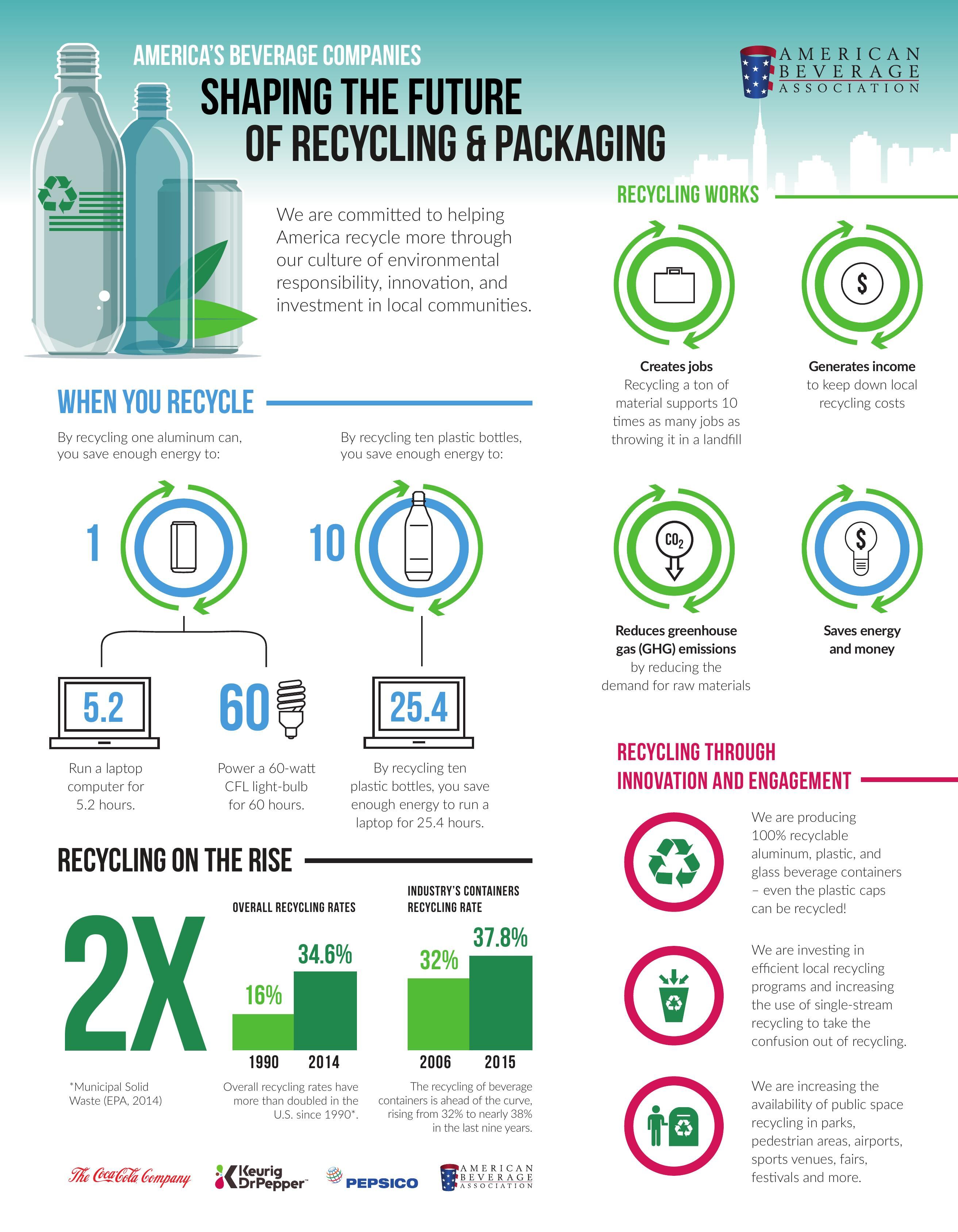
Since the group’s formation, efforts have been rolling out to upgrade sorting, processing and recycling collection centers. It tackles the ‘single-use’ label with consumer education, and keeping bottles out of oceans, rivers and landfills.
The Dallas-Fort Worth (DFW) area of Texas is the first region for the initiative. The city of Fort Worth said outreach and educational materials on how to recycle and cut down on contamination of recyclable materials will be available to residents in more than 232,000 homes.
New optical sorters, machinery with artificial intelligence and robotic arms for separating recyclables will be installed into the Balcones Material Recovery Facility Nearly $3m will be invested into the DFW area in total.
Striving for 100% and backing innovators
Maker of plant-based ‘elixir’ beverages Rebbl made good on its 2019 promise to eliminate virgin plastic from its packaging by this year. Rebbl said that by switching 20 million of its bottles every year to 100% post-consumer recycled plastics, greenhouse gas emissions have the potential to be reduced by 922 tons of carbon dioxide.
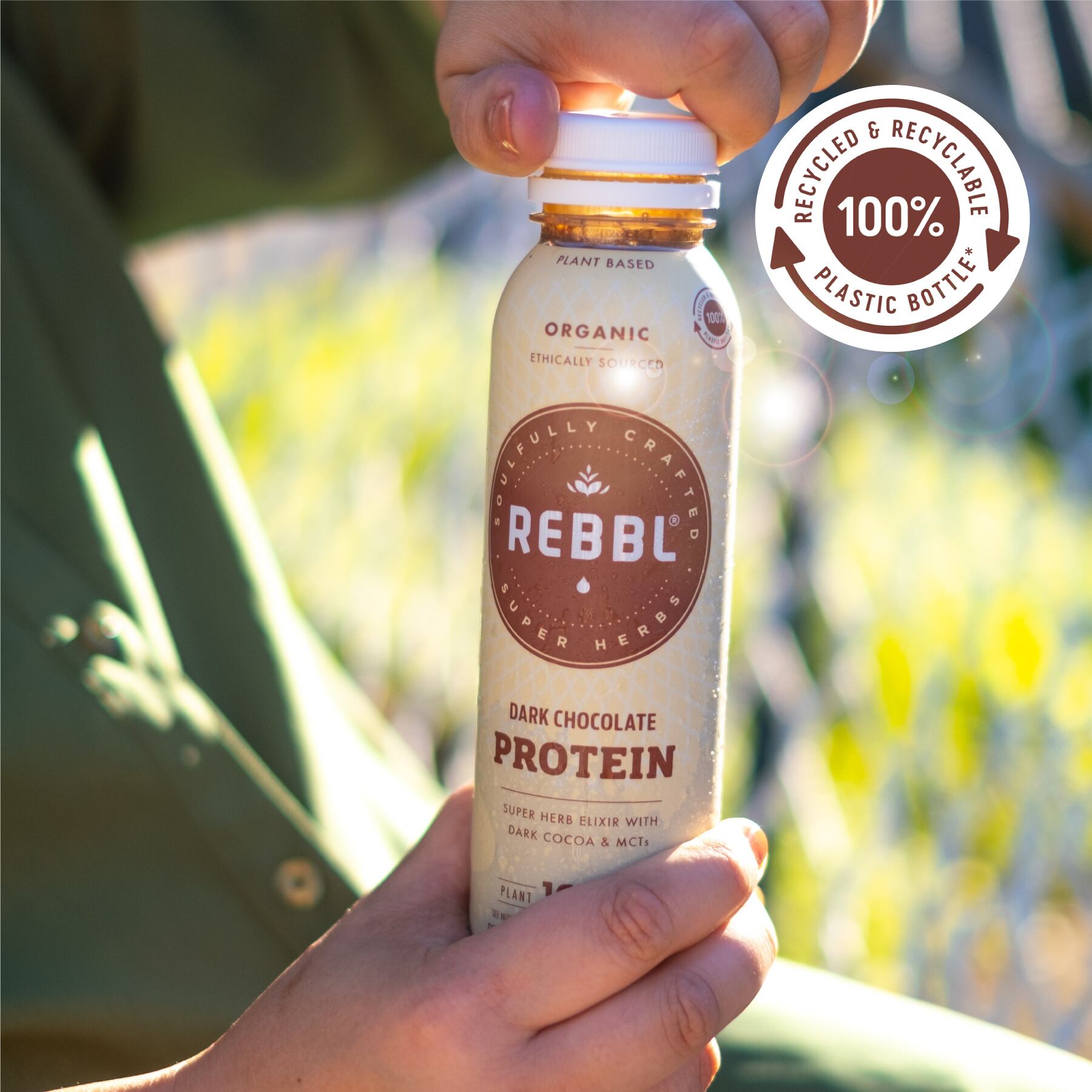
The brand’s Green Packaging Initiative converts used plastic bottles into new plastic bottles, conserving resources and reducing landfill waste, without affecting the price of the end products.
"Transitioning to 100% recycled and recyclable plastic bottles is a costly and complex process, but one that we are proud to prioritize as a mission-based company," Rebbl told BeverageDaily.
All of Rebbl’s 12oz drinks will be sold in the new bottles by mid-May in the US, which are adorned with a label stamp advertising the recycled material. The bottles look and feel the same as the old packaging, and the beverage formulations have not changed.
Before the switch to 100%, all Rebbl bottles used 50% rPET. The brand’s shipping materials are also fully recyclable or biodegradable. Rebbl’s health-forward drinks are found in mass US retail, but known for their presence in Whole Foods Market.
Rebbl joins other beverage brands in pioneering 100% rPET: Nestlé Pure Life Purified Water comes in a 100% recycled plastic bottle in the US, and it’s marketed as reusable rather than single use.
Evian is introducing 100% rPET bottles to some of its UK portfolio, and committed to eliminating virgin plastic in Evian UK by 2025.
Developing rPET to smaller companies
Because the process of transitioning to 100% rPET is costly, complicated and potentially out of reach for smaller brands, innovation in plastic has seen a spike in popularity from entrepreneurs. French water brand Perrier started its ‘Next Packaging Movement,’ last month, which is a sustainable packaging innovation program.
Three startup winners will bring their products to market by 2025, Perrier said, offering them technical, operational and financial support with up to 1m euros in total investment.
Biotic makes a bio-based and biodegradable plastic produced from agricultural waste. PlastiSkul transforms plastic waste from micro factories using both low and high tech solutions that can be implemented in developing countries.
And Flexikeg formed an ‘ecollaboration’ with Perrier to deliver beverages in a reusable, flexible keg to reduce plastic waste and carbon emissions.

